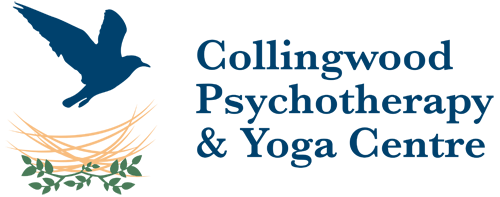“In my early professional years I was asking the question: How can I treat, or cure, or change this person? Now I would phrase the question in this way: How can I provide a relationship which this person may use for [their] own personal growth?”
— Carl Rogers
Healing begins when you choose to show up for yourself.
What Psychotherapy Offers
Healing Begins in Relationship
Many people come to psychotherapy with the idea that healing is something done to them — that a therapist will “fix” what’s wrong. But true healing is an active, collaborative process. Psychotherapy invites you to take an empowered role in your own growth. It asks for your willingness to show up, to stay curious, and to explore what it means to heal from the inside out.
Beyond Symptom Relief: How therapy helps
At its heart, psychotherapy helps people improve relationships, navigate life’s challenges, reduce trauma symptoms, and move through periods of anxiety, depression, grief, or feeling stuck. But the benefits go much deeper than symptom relief.
What Can Shift Through This Process?
The therapeutic process can help you:
-
Know and accept yourself more fully
- Improve relationships
-
Develop a greater sense of purpose and meaning
-
Shift painful patterns and beliefs
-
Build emotional resilience and nervous system regulation
-
Experience more ease, joy, connection, and choice
Real Change Takes Rhythm, Presence, and Practice
To experience lasting change, therapy requires regular attendance and active engagement — not just in sessions, but in your daily life. The process has a cumulative effect: over time, small shifts build upon one another, creating profound transformation.
When You Show Up For The Work, The Work Meets You
When you commit to the work — showing up consistently, practicing between sessions, and staying open even when it’s hard — psychotherapy can help you move toward greater wholeness, self-trust, feelings of self worth and inner freedom.
“As a therapist, I am a companion. I try to help people tune into their own wisdom.”
— Virginia Satir
The Three Phases of Psychotherapy
1. Building the Foundation: Relationship & Readiness
Therapy begins with connection. The relationship you build with your therapist is the container for healing. Trust, safety, and honesty grow over time—and make deep work possible.
We meet you where you are, with presence and warmth. Therapy is co-created: your openness, pacing, and voice matter.
“The relationship is the therapy.” Research confirms this, and we see it daily.
2. Doing the Work: Commitment, Courage & Growth
With a solid therapeutic relationship and trust in place, therapy goes deeper. You begin to face the root causes of long-held patterns—and the emotions that come with them. This can be challenging and takes courage and commitment. It’s also where change takes hold.
We’ll support you through it all. As we walk with you, you’ll build new insights and practices that help you feel more connected, empowered, and grounded. Small shifts add up, and over time, they can reshape your life.
3. Ending Well: Integration & Wholeness
Eventually, there comes a time to reflect, integrate, and honour your growth. Ending therapy doesn’t mean the work is over—it means the work is in you now.
Together, we’ll mark this transition with care. You’ll leave with tools, trust in yourself, and a deeper sense of who you are. This is the quiet gift of deep therapy: healing that stays with you.
Our Mission
We support courageous humans in reconnecting with their inner wisdom and restoring a sense of wholeness -- through transformational therapy that honours the connections between body, mind, spirit, and energy. Our relational, intuitive approach helps people come home to themselves, so they can love deeply and live with self-worth, truth, purpose, and freedom.




